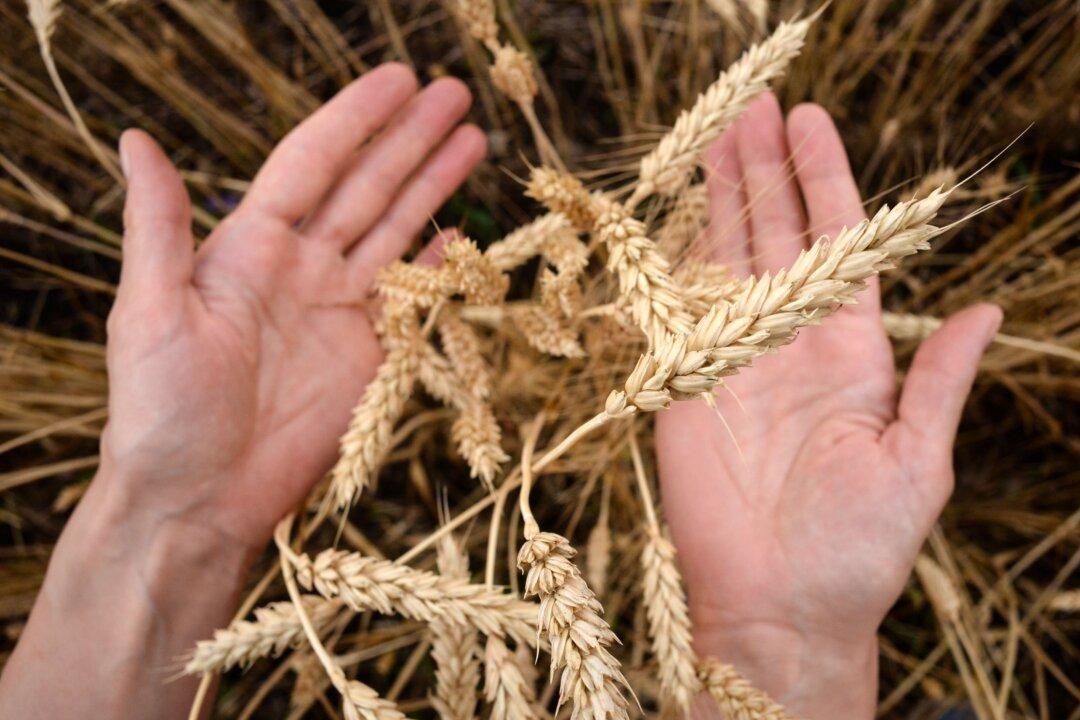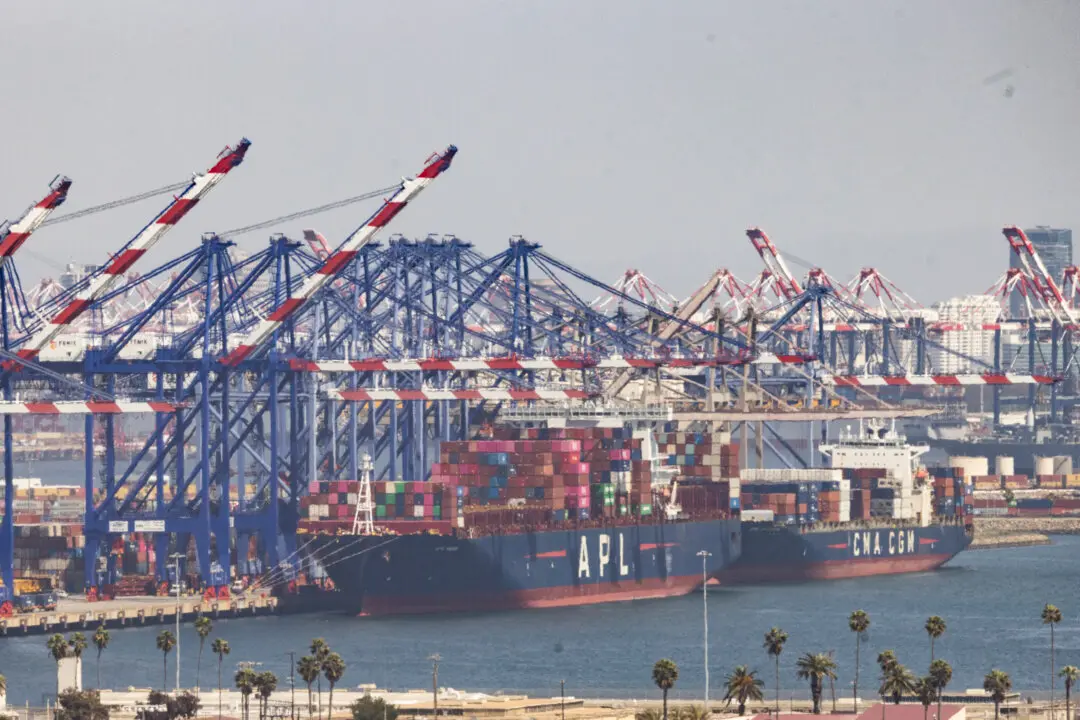The simmering Russia–Ukraine crisis is endangering the global food supply, threatening to create food shortages and drive prices even higher, with wheat, corn, and sunflower oil among the items that will be most affected.
Russia and Ukraine combined account for roughly 80 percent of global sunflower oil exports, 29 percent of the world’s wheat exports, and 19 percent of the global supply of corn.





